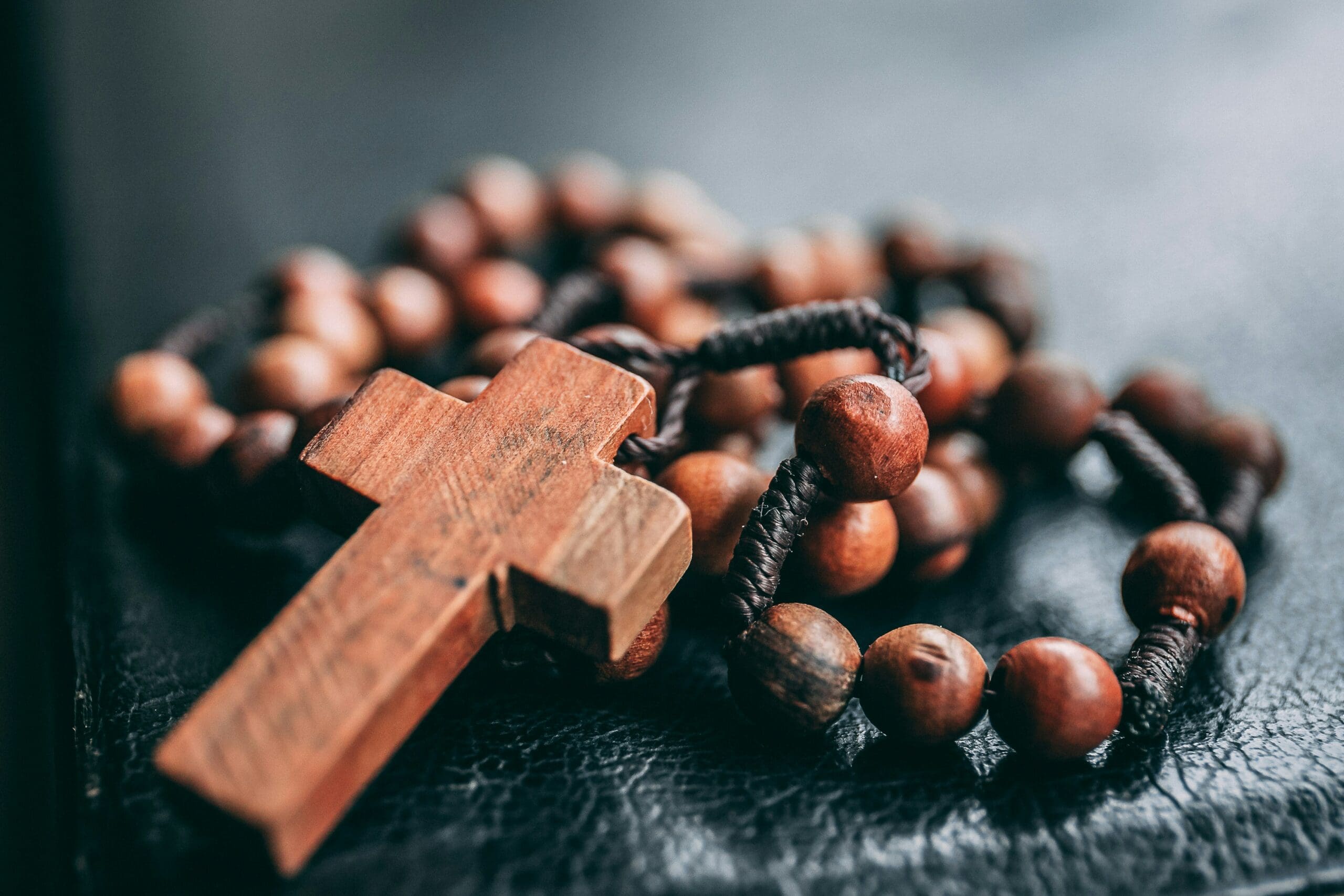Pennsylvania House Democrats working on abortion rights amendment to state Constitution
The bill would create a ‘fundamental right to exercise personal reproductive liberty.’

Democrats in the Pennsylvania House of Representatives are working to protect reproductive freedom with an amendment that would enshrine the right to abortion in the state Constitution.
State Rep. Danielle Friel Otten, a co-sponsor of House Bill 1888, which proposes the amendment, told the American Independent that getting the bill through the majority-Republican state Senate is a “big lift,” but she has hopes the amendment will eventually come before Pennsylvania voters in a referendum.
“We have to start having the conversation and building the case and helping people understand what they can do to move legislation that they want to see come to the voters and be put into law,” Otten said. “And so whether that is winning the four seats we need to win in the Senate to change the makeup of the Legislature so we can actually move something like this forward, or if it’s compelling and persuading more moderate Republicans to actually take a stand for what’s right and what people in Pennsylvania want to see on the ballot.”
The bill is likely to pass the Democratic-majority House easily, but in order for the amendment to be placed on the ballot, it must be passed by both chambers of the General Assembly.
State Rep. Mike Schlossberg, a Democrat whose district includes part of Lehigh County, told the American Independent that he has “zero problem contrasting pro-reproductive rights efforts of the House of Representatives to the anti-reproductive rights efforts of the Senate.”
“I want to make sure Pennsylvania can continue to be, I’m not going to quite say an island, but I guess I’ll say a peninsula of reproductive rights, given numerous border states, including Ohio and West Virginia, are openly hostile to it. And we want to make sure that we can provide as many women as possible with the ability to control their own bodies and their own destinies,” Schlossberg said.
Meghan Orbich, Otten’s sister, testified during a hearing of the House Judiciary Committee on H.B. 1888 on Dec. 12. Orbich’s son was diagnosed with fetal abnormalities at 12 weeks into her pregnancy. She said she was given the choice to have an abortion. She chose to carry the pregnancy to term. Today, her now 10-year-old son requires around-the-clock care and lives with a tracheostomy.
“Women need to be able to make choices that affect their bodies, their families, and their futures,” Orbich said, according to the Pittsburgh Post-Gazette. “I don’t know how I would cope with the challenges of our life and our family’s life if it was not a carefully made decision between my husband and I.”
Abortion is legal in Pennsylvania through 23 weeks of pregnancy. However, the state still has several requirements in place before a patient is allowed to receive abortion care. Patients are required to have laboratory tests, including “hemoglobin or hematocrit, blood group and RH type, and urine protein and sugar,” according to Pennsylvania Code 29.33. Each patient must receive state-mandated counseling about alternatives to abortion care 24 hours before an abortion can be provided. Parental consent is also required before a minor can have an abortion.
“I think the thing that I find the most interesting is that if you look at a map of the United States pre-Dobbs, what you see is that Pennsylvania is considered a hostile state to accessing abortion care,” said Dr. Sarah Horvath, secretary of the Pennsylvania section of the American College of Obstetricians and Gynecologists. “And yet, if you look post-Dobbs, Pennsylvania has become a haven state — and that’s without any laws changing. That’s just because so many places around us have gotten so much worse. But there are still so many hoops to jump through, and so what we’re seeing is an increase in the number of people that need help jumping through those hoops, but not a decrease in the number of hoops to jump through.”
Rep. Liz Hanbidge, who also co-sponsored the bill, told the American Independent that voters need to remember how close Pennsylvania is to losing access to abortion.
“Last year, we passed through the House and the Senate a proposed constitutional amendment to end taxpayer-funded abortion or any other rights to abortion. I actually wrote an op-ed two years ago where I said, We’re closer to Texas than we think if Roe falls, for example” Hanbidge said. “If we want to be really honest in our intention to reduce the number of abortions that are being had in the commonwealth, we need to create a better sex education curriculum. We need to lower Black maternal mortality rates, increase access to contraception, make child care accessible and affordable. Paid family leave.”
Rep. Melissa Shusterman says she signed on to the bill because of efforts across the country to “control women, to take away their rights and to make sure they don’t have the personal right … to control their future economic freedom, their family’s economic future, to control their own bodies.”
In November, Shusterman co-sponsored H.B. 1786, a bill that would prevent law enforcement in Pennsylvania from assisting with a subpoena from outside the state issued in connection with the provision of reproductive health care. It would shield patients from authorities in their home states who might target them, specifically if they’ve come to Pennsylvania for abortion services from states with severe restrictions or bans on abortion. H.B. 1786 passed in the state House on Nov. 15 and has been referred to the Republican-controlled Senate Judiciary Committee.
“It is clear across Pennsylvania, very clear, that abortion remains a forefront issue,” Shusterman said. “This is not just Pennsylvania. Let’s look across the country. In so many places where you would think people would just be voting party line, that is not happening. So this is the wake-up call.”
Rep. Christopher Rabb told the American Independent that he co-sponsored H.B. 1888 because it was a way that “men can show up to complement the leadership of cis women and trans men, and so many others who are fighting, often in obscurity.”
In 2021, Rabb sent a memo to his House colleagues announcing that he would be “introducing legislation that will require all inseminators to undergo vasectomies within 6 weeks from having their third child or 40th birthday, whichever comes first.” He said: “I think initially a lot of people thought I was serious. But I was making a serious point about how statutes rarely, if ever, regulate the bodily autonomy of cisgender men and boys. … The negativity, the violent threats and hate mail was worse than anything I’ve ever experienced. It was just awful. And it just reminded me, as a cisgender man, how extraordinary patriarchy, misogyny and sexism is codified into law.”
“If you believe in gender justice, as a pro-choice cisgender man who’s in elective office, then you’ve got to do more than just vote the right way. You also have to lift up the structural inequality around reproductive rights. You have to talk about sexism. You have to leave your comfort zone and acknowledge that because of the body you inhabit and your social identity, there are things you don’t have to think about that cisgender women, trans men, nonbinary folks, genderfluid folks, that they have to process every day,” Rabb said.




